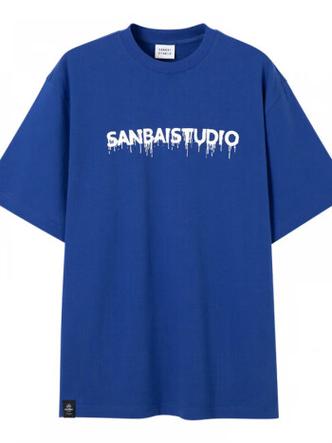As an important development trend, environmentally friendly fabrics are receiving more and more attention from consumers and industries. The following are the development trends and market status of environmentally friendly fabrics:
1. Sustainability: The development of environmentally friendly fabrics in the future will pay more attention to sustainability. This means that the production process of the fabric will be more environmentally friendly, more resource efficient, and can be recovered and recycled after the product life cycle. For example, use sustainable materials such as organic textiles and recycled fibers to create fabrics to reduce dependence on natural resources.
2. Low carbon footprint: One of the future trends of environmentally friendly fabrics is to reduce carbon footprint. Eco-friendly fabrics tend to have lower energy consumption and emissions than traditional fabrics. The negative impact on the environment can be reduced by adopting more environmentally friendly production technologies and processes, and by using renewable energy.
3. Material innovation: In order to meet the needs of environmental protection, the fabric industry is constantly innovating materials. The use of new fiber materials and technologies, such as degradable fiber, algae fiber and fungus fiber, can reduce environmental pollution. At the same time, the use of plant dyes and harmless dyeing technology is also an important development direction for environmentally friendly fabrics.
4. Quality assurance: The development of environmentally friendly fabrics must not only pursue environmental protection, but also ensure product quality and performance. In the future, environmentally friendly fabrics will pay more attention to achieving a balance between environmental protection and functionality, ensuring the comfort, durability and excellent performance of other performance indicators of the fabrics.
5. Increased consumer awareness: As consumers continue to increase their awareness of environmental protection, the market for environmentally friendly fabrics is gradually expanding. Consumers are increasingly concerned about the environmental impact of clothing production and tend to choose products using environmentally friendly fabrics. This is an opportunity and challenge for the fabric industry, which requires paying close attention to changes in consumer demand and launching environmentally friendly fabric products that meet market demand in a timely manner.
To sum up, the future development trend of environmentally friendly fabrics will be centered on sustainability, low carbon footprint, material innovation and quality assurance. At the same time, the increase in consumer awareness will also promote the further development of the environmentally friendly fabric market. Fabric companies should actively follow development trends, increase research and development efforts, and launch more environmentally friendly fabric products to meet market demand and promote sustainable development.







